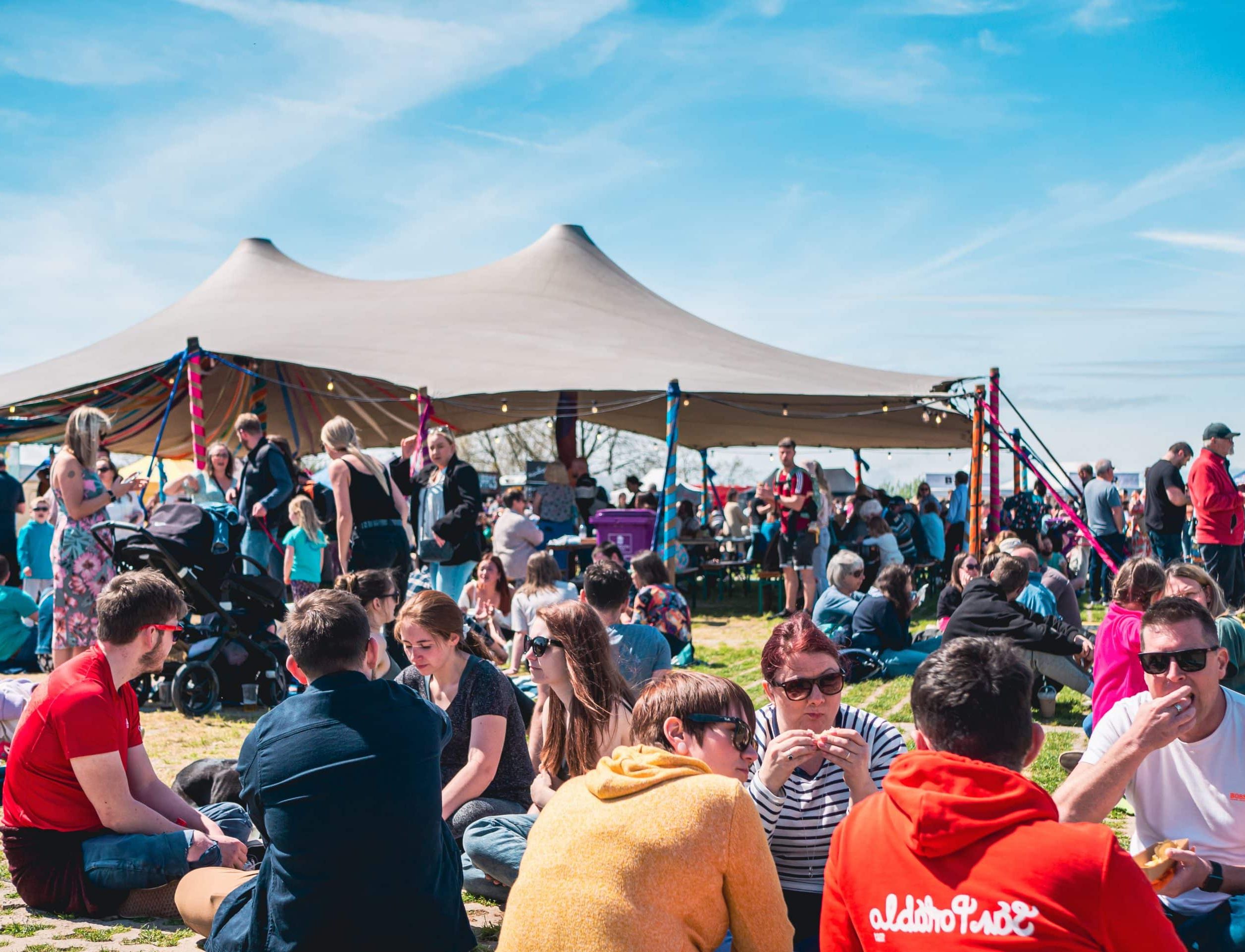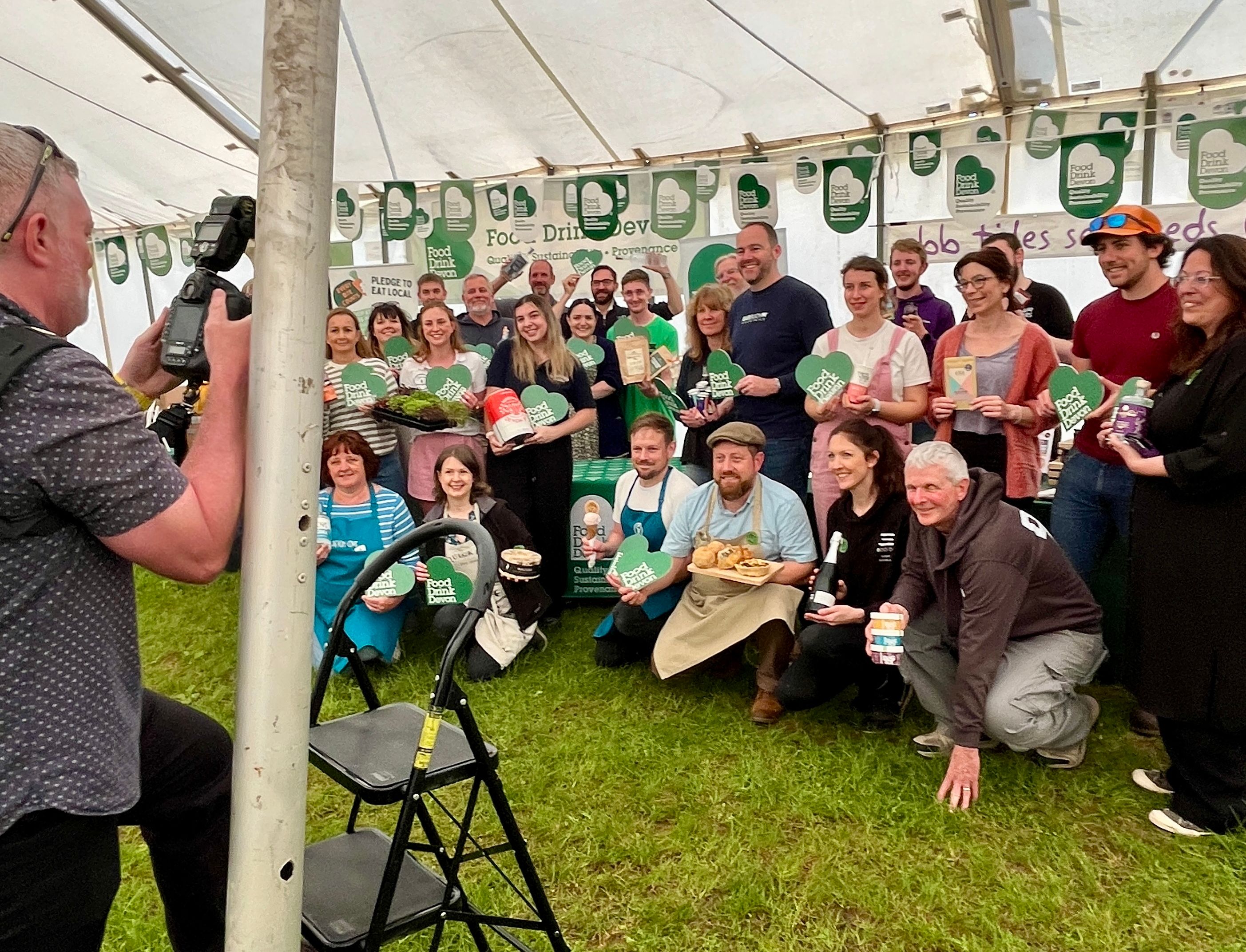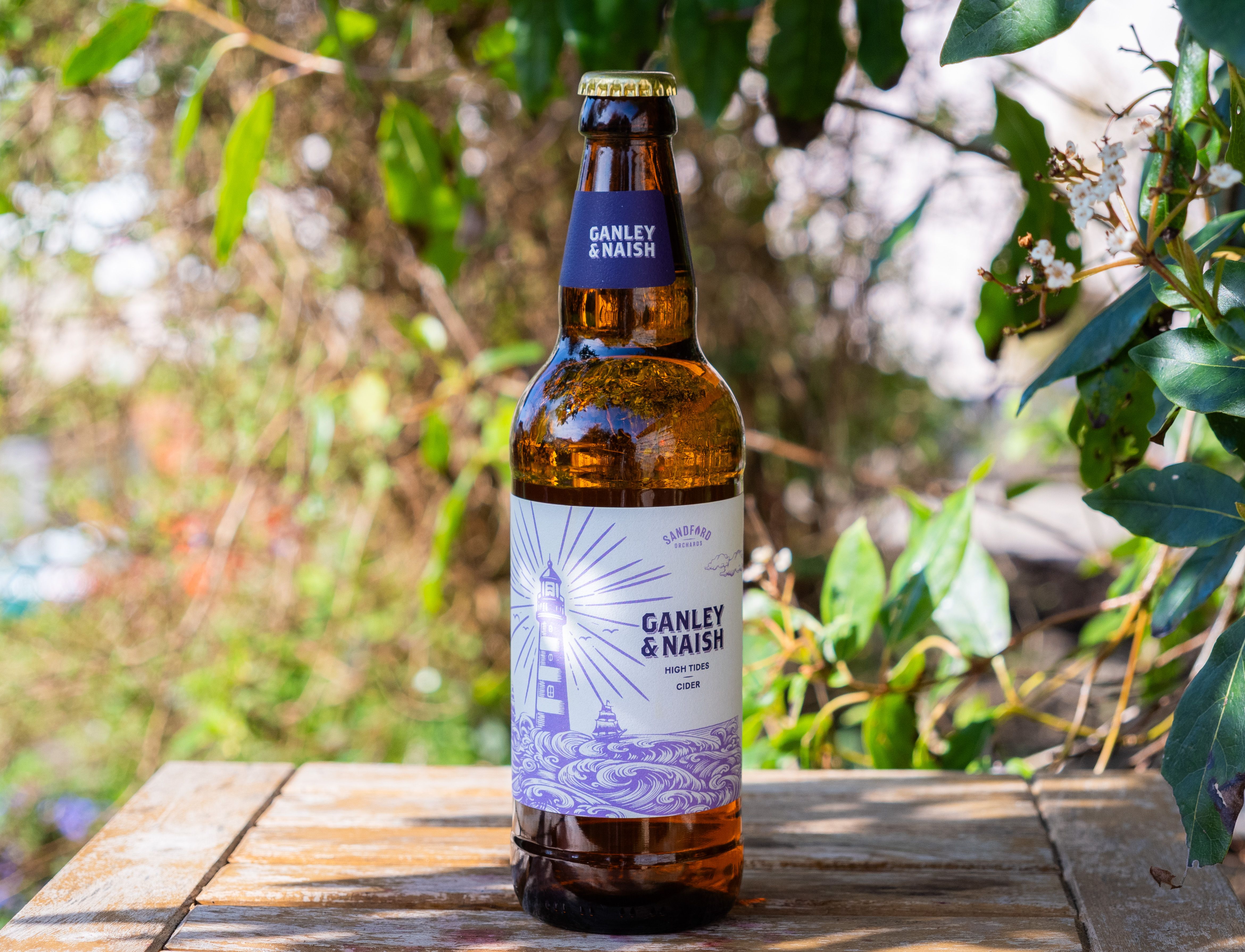Chef Spotlight | Charlie and Cleo of La Mar Exmouth
Published by: Food Drink Devon
La Mar Restaurant at Exmouth Marina offers a relaxed, elegant space to enjoy impeccable food with a panoramic view. Working side-by-side, chefs Charlie and Cleo make a formidable team and are gaining an enviable reputation, having just been awarded an AA Rosette. Read on and discover why pheasant is Charlie's go-to bird and Cleo's secret weapon in the kitchen!










